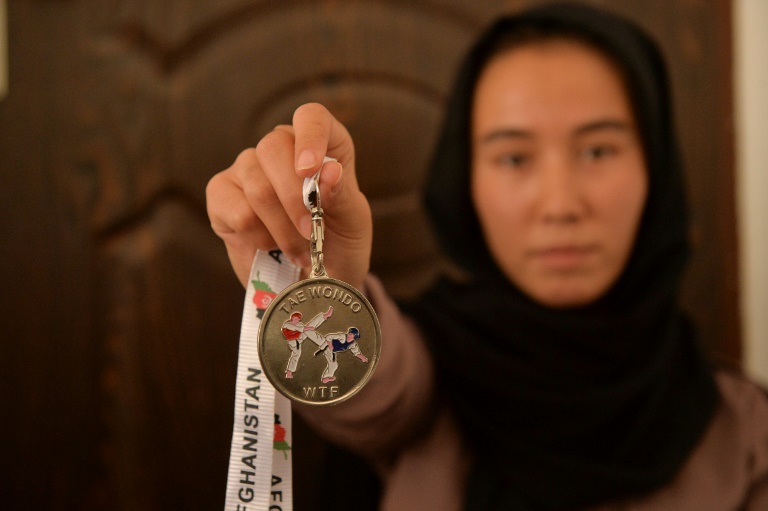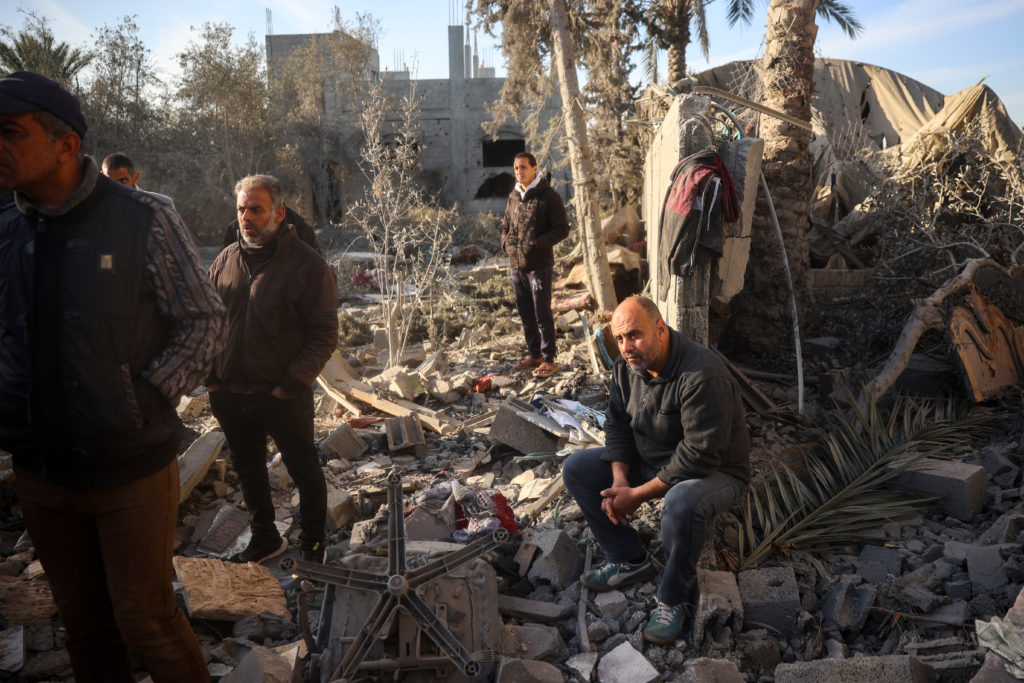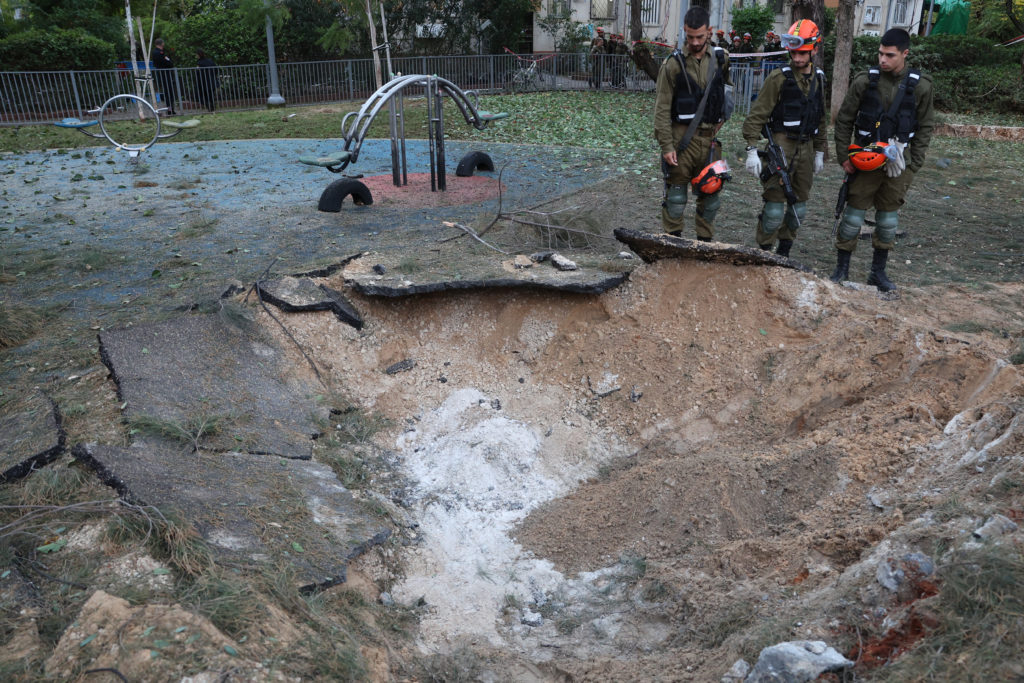Zarghunna Noori has always been a fighter, but the 22-year-old taekwondo champion — who dreamt of representing Afghanistan at the Olympics — says she has finally met her match.
“In sports when we lose we are left feeling terrible,” she told AFP at her home in the western city of Herat.
“And now we have been defeated by the Taliban.”
The Taliban’s all-male government has shut down the ministry of women’s affairs and replaced it with one that earned notoriety for enforcing religious doctrine during the hardliners’ 1996-2001 stint in power.
Although they have yet to publicise a formal policy on women in sport, the Taliban have made comments that indicate serious participation will be impossible.
With women and girls already effectively banned from work and school, fear of reprisal for practising sport is widespread.
“All our lives have been overturned,” said Noori, who since joining her provincial team a decade ago has become a national academy star, winning an Afghan title in 2018.
“Each and every member of the national taekwondo team dreamed that one day we would make it to the Olympics and raise the Afghan flag in other countries, in international competitions,” she said, surrounded by her medals and a golden trophy engraved ‘Best Leader’.
“But now we are all forced to stay home, and become more depressed with each passing day.”
Taekwondo’s popularity surged in Afghanistan in 2008 after local hero Rohullah Nikpai won bronze at the Beijing Olympics.
Zakia Khudadadi, 22, gave Afghans another reason to watch the Korean martial art last month when she competed in the Tokyo Paralympics.
– Sport ‘not necessary’ –
In Afghanistan, women have long faced open hostility to their involvement in sport and in rural areas it is extremely rare for them to participate.
Even in cities, many women’s leagues are at the fledgling stage.
Around 130 girls and women aged 12-25 are members of a taekwondo gym in Herat, but they are not currently allowed to train and their ability to do so in the future looks bleak.
Last week, the country’s new sports chief Bashir Ahmad Rustamzai said the Taliban would allow around 400 sports — but declined to say if women could participate in any of them.
Ahmadullah Wasiq, of the Taliban’s cultural commission, also raised alarm this month by saying it was “not necessary” for women to play sport.
But the regime is under pressure: barring women from participating will likely halt recognition and funding from international sports bodies — including support for its popular cricket and football teams.
– Desperate to train –
For Noori, a fourth-year student of physical education at Kabul University, the Taliban’s draconian interpretation of sharia law is personal.
“Every woman in Afghanistan had a dream to be able to progress and reach a better place in the future,” she said, standing alongside seven other members of the national taekwondo academy.
“They all wanted to become role models… so that they could show the world how much we can progress.
“We all acted, practised and tried our best, but it has now come to nothing — all of it.”
Noori said many young taekwondo athletes are now in hiding, and that when they do leave their homes, they cover themselves from head-to-toe in a burqa.
The athlete is desperate to go back to training, she said, so that “ten years of hard work will not go to waste”, but now feels she will be forced to leave Afghanistan.
“No one who lives in their own country wants to ever leave it,” she told AFP.
“But the conditions are such that we don’t see common ground that will allow us to progress; it doesn’t exist in the country.”
– ‘Help us’ –
Noori called on the global sporting community to help, because “if we raise our own voices in Afghanistan, our voices will be cut off”.
“We ask all international, Olympic athletes and members of the Olympic Committee to help us so that we can get to a better place, even if it means to go to another country to continue our activities,” she said.
Zahra, 22, another member of the national team, also feels “helpless”.
“Even the men don’t have all their freedoms,” she said, adding the Taliban were “the same Taliban of the past”.
“Just as men are being allowed to study, women should be allowed to do so as well. They shouldn’t obstruct the path of girls and women.”










